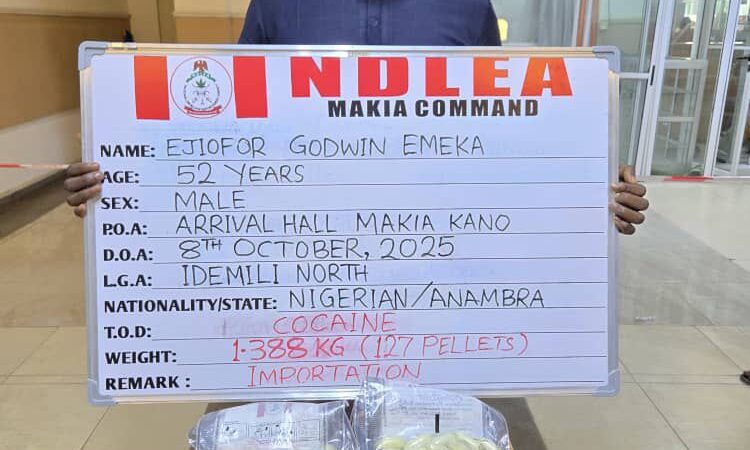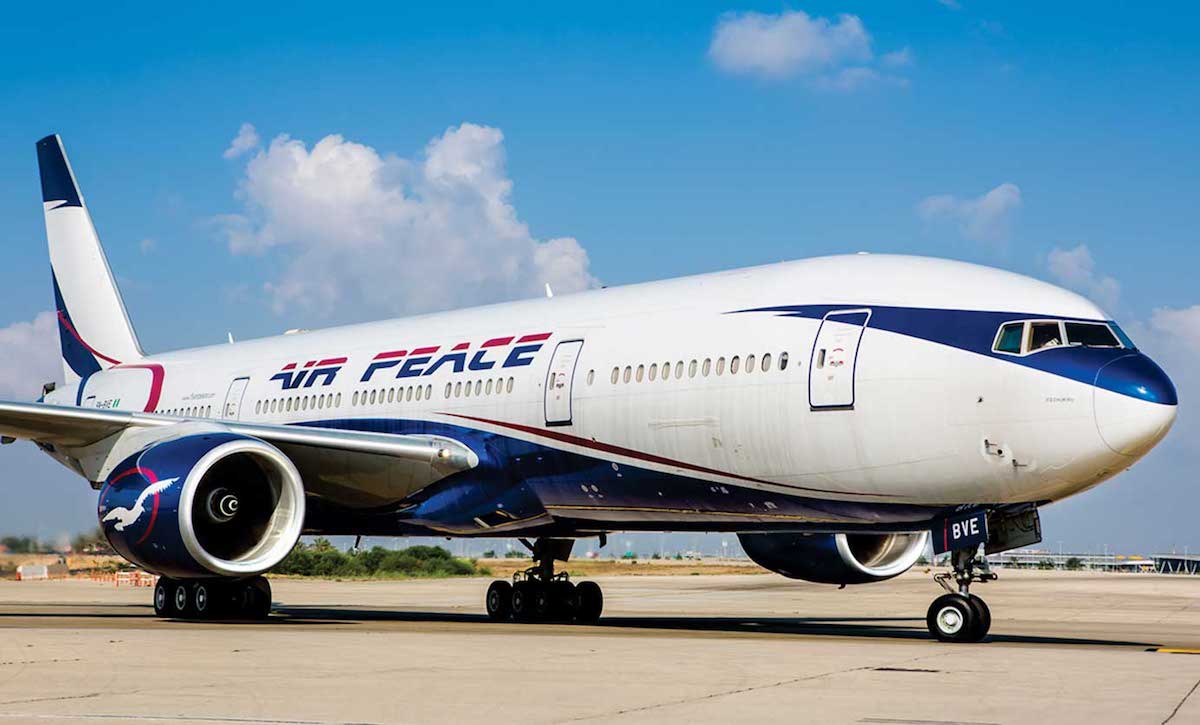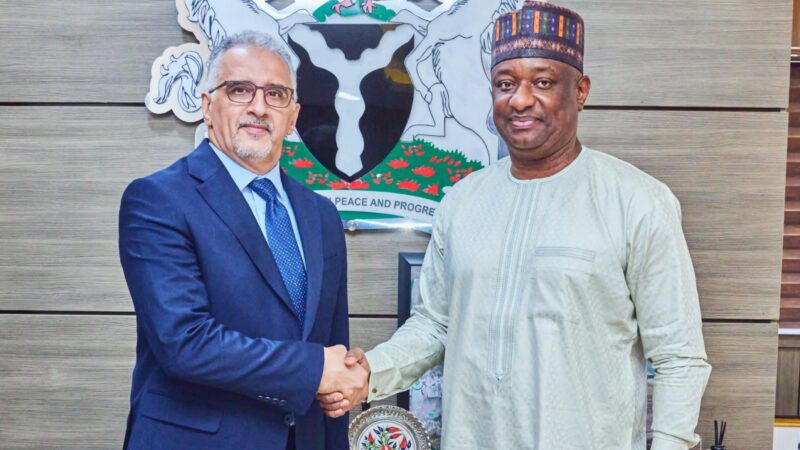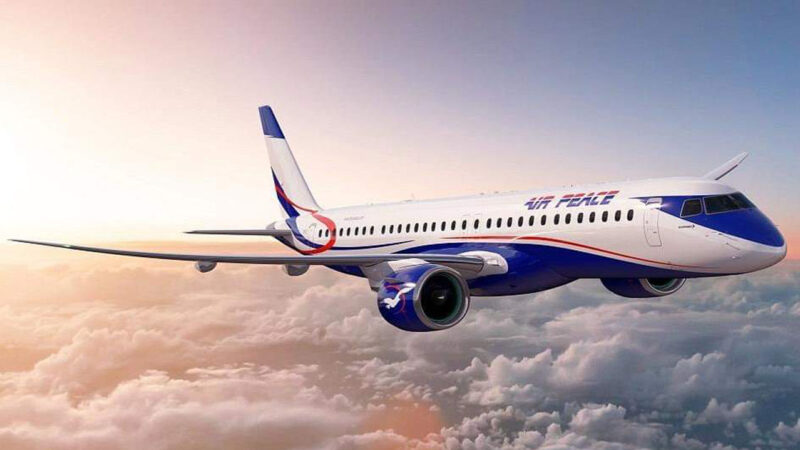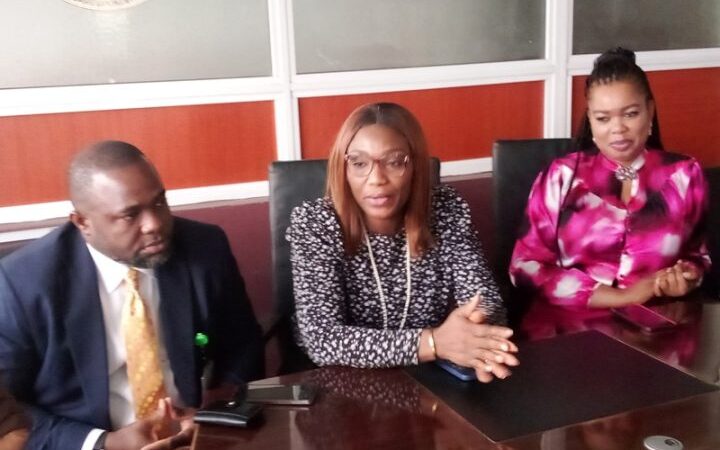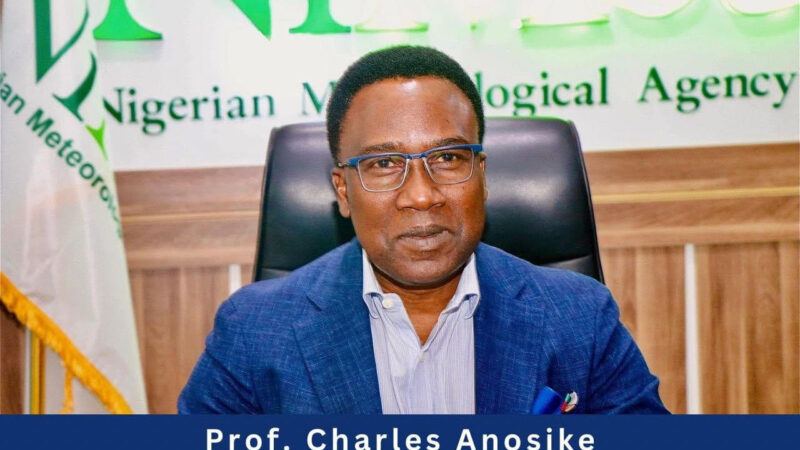How NCAA romanced Arik Air to the slaughter
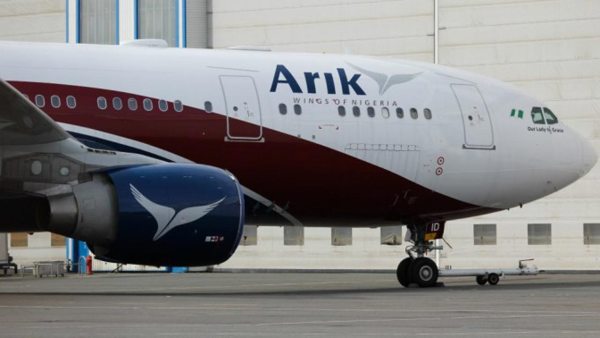
Isaac Agber
It is not surprising to every curious mind in the aviation industry that Nigeria’s largest airline of the moment, Arik Air, has been taken over by the Asset Management Company of Nigeria (AMCON) for piling up too much debts estimated over N500 billion.
The airline’s debt profile reveals that it is heavily indebted to AMCON to the tune of N300 billion, the new management confirmed this yesterday in a statement. Apart from this, the Chairman and Chief Executive Officer of Arik Air, Sir Joseph Arumemi-Ikhide, announced in September, 2015 that the airline received a loan facility of $1 billion from the AFREXIM Bank to boost its fleet size as it planned to enlist on the Nigerian Stock Exchange early 2016.
The said $1 billion, when converted to the local currency at the exchange of N199/1USD in September, 2015, it amounts to N199 billion. Also, reports generated from current audits of the aviation agencies – NCAA, FAAN and NAMA, reveal that the airline owes FAAN N12.5 billion; it owes NCAA over N4 billion. As for NAMA, our sources weren’t sure of the exact amount but estimated it close to N10 billion.
Arik is also heavily indebted to ancillary service providers like maintenance firms, fuel suppliers, and hasn’t been remitting its dues to leasing companies for the aircraft it took lease of. And, worse of all, it has been owing staff salaries for over seven months, a situation that attracted the fury of aviation unions against the airline on December 20th, 2016.
This is an airline that claims it operates about 120 flights a day, carrying 55 percent of the load in the country, more than half of the total load factor. This, however, does not reflect in the financial status of the airline.
Though the exact figure of the airline’s total debt hasn’t been ascertained, AMCON confirmed on Thursday that Arik was immersed in a heavy financial debt burden that was threatening to permanently ground the airline.
It was clear that the airline had been struggling to stay afloat with an overburdened financial crisis. From indiscriminate flight delays and outright cancellations with impunity, the airline never impressed its passengers. And from stowaways to irregular maintenance of aircraft, the airline had undermined safety practices as enshrined in Nigeria’s Civil Aviation Act (NCARs 2006) and Annexes 18 and 19 of the International Civil Aviation Organisation (ICAO).
Meanwhile, the NCAA, whose mandate is to carryout regular auditing on the financial and airworthiness status of airlines, failed or, better still, ignored the lapses to linger without caution to avert total collapse and the danger of imminent take over by AMCON.
The required benchmark in the NCARs 2006 is that the NCAA must ensure that proper audits are done on the airlines on monthly basis, or not later than 3 months if there are circumstances that permit delay.
Insiders confirmed to BusinessPost that the NCAA decided not to strain its romantic relationship with the airline by allowing those lapses to flourish over time. The authority simply ignored the airline to operate freely with its burden without recourse to professional guidelines to help the airline bounce back on track and stay off the hook.
Although the Director General of NCAA, Capt. Muhtar Usman, at a recent media interaction in Lagos, denied media reports that the authority wasn’t living up to its onus by auditing the airline every month, one cannot fathom how the airline did not pay salaries for over 7 months, yet there wasn’t any action from the NCAA, at least, not to public notice.
Could it be that the management of Arik wasn’t feeding the NCAA with the right data to know the true situation of things as some speculators have suggested? This may never have been the case as there were media reports, complaints and bitter lamentations of the airline’s staff over unpaid salaries. The NCAA decided to wear a deaf ear until the unions struck.
Subsequent events have shown that the NCAA has only been regulating Arik through the media, but not enforcing its statutory mandate to checkmate the airline’s excesses.
For instance, the airline failed to ferry passengers’ checked – in luggage on London –Lagos route from the 2nd, 3rd and 4th December, 2016. This was a clear flout of the Nig.CARs, which stipulates that freighting of all backlog of short – landed baggage should be done within 48 hours. However, the NCAA waited until the affected passengers were infuriated by the airline’s unending delay before it reacted with a fine of N6 million against the airline. According to insiders, however, the reaction was just a mere media hype to douse tension as the airline hasn’t paid the fine till date.
A good number of events have shown how the airline defies corporate laws at the detriment of its staff and passengers with obvious impunity, while the NCAA continues to shield and romance.
The importance of monthly auditing of airlines’ operations is tied to safety vis-à-vis their economic health. Hence, NCAA Regulations on airlines financial health Part 18.10.1.applies to the continuous monitoring of the operations of Nigerian licensed airlines for the purpose of ensuring their financial capability for safe and sustainable operations.
Part 18.10.2 also states that all Nigerian licensed airlines shall ensure proper, transparent and prudent financial management in the conduct of their operations.
Part 18.10.3. states that all Nigerian licensed airlines shall submit to the authority on a monthly basis, all financial data and records on their operations in the form and manner as may be prescribed by the Authority.
Then, there is 18.10.4. which states that the NCAA shall evaluate the financial returns and make a copy of the report of the financial health assessment to the Management of the airline which may make representation to the NCAA.
All these recommendations are aimed at checking the financial status of airlines with a view to addressing them with valid solutions forthwith. But, the NCAA hasn’t exhibited its mandate enough to avert possible grounding of airlines faced with dire financial straits.
Perhaps, that’s why so many airlines have closed shop over the years after short operation.
Apart from not adhering to regulatory benchmarks, the airline’s woes are also attributed to its bad corporate governance; it has many expatriates on its payroll which also adds to its debt burden.
“The debt profile is too high because when you bring foreigners here, you have to give them the best treatment and condition of service. What you spend on one expatriate can cater for three Nigerians who can do the same job,” said Capt. Dele Ore, member of Aviation Round Table (ART) and a former staff of the liquidated Nigerian Airways.
Another industry expert, Gbenga Olowo, blamed Arik situation on the harsh condition of doing business in Nigeria. According to him, tax burden is a feature of Nigerian business environment which is permanent and increasing over time.
“We all saw it coming to Arik, and maybe others, more than a year ago. Treating the Arik case in isolation will be to trivialise the magnitude of the problem. Going back to almost 40 years; the government airline – Nigeria Airways – failed; pioneer private airlines – Okada , Kabo, etc failed; third generation ADC, Bellview, Chachangi, Sosoliso etc failed; fourth generation Virgin Nigeria and Air Nigeria failed,” said Olowo, ART President.
He said business and government were permanently at variance, while cost was permanently higher than income.
“Tax overburden and infrastructural deficit erodes revenue steadily. Gazetted policies that will enhance performance are not implemented. Credit is not in Nigeria business dictionary,” Olowo said.
As much as one would understand Olowo’s argument, the aviation business is capital intensive, the same applies to the tax. Governments all over the world implement tax policies, though at variance. That’s the only way to generate revenue that is used to build infrastructure for the airlines to operate.
It is, also, not true that there is no credit in Nigeria’s business dictionary, at least, in the case of Arik Air. The airline has been taken over by AMCON because of debt burden, while it enjoyed a romantic relationship with NCAA.


